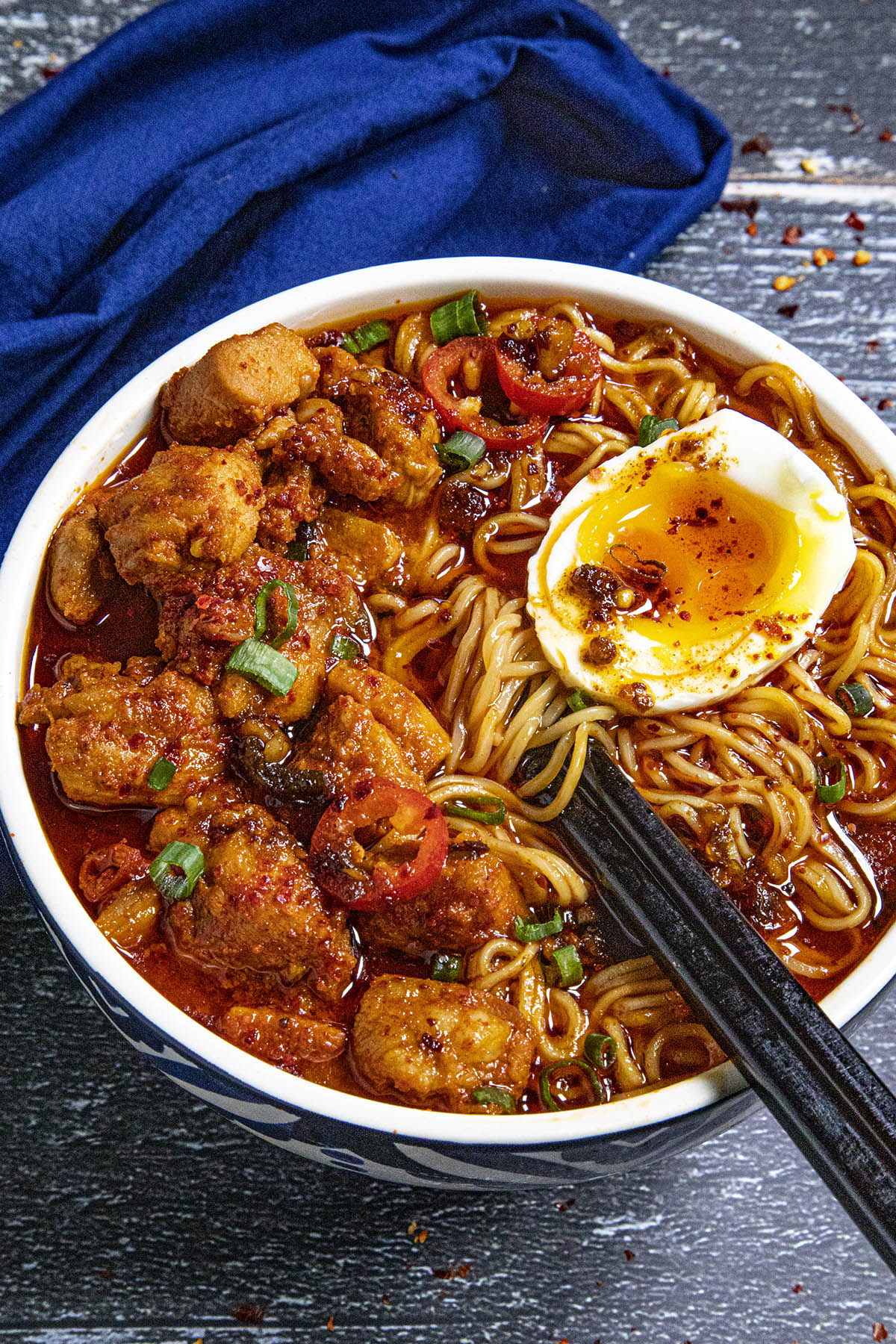Buldak Ramen Recall Listeria: What You Need To Know
Buldak Ramen has gained immense popularity among spicy noodle enthusiasts, but recent news regarding a recall due to listeria contamination has raised concerns. This article will delve into the details surrounding the Buldak Ramen recall, its impact on consumers, and what listeria means for food safety. If you are a fan of this fiery dish, understanding the implications of this recall is crucial to ensure your health and safety.
With the rise of international food products in local markets, food safety has become an increasing concern for consumers. Listeria monocytogenes is a bacteria that can lead to serious health issues, especially among vulnerable populations. The recall of Buldak Ramen due to listeria contamination highlights the importance of knowing what products are safe to consume.
In this comprehensive guide, we will explore the details of the Buldak Ramen recall, the nature of listeria contamination, and the steps you should take if you have purchased these noodles. Let’s get started and ensure you have all the information you need to make informed decisions.
Table of Contents
- 1. Buldak Ramen Recall Details
- 2. Understanding Listeria
- 3. Health Risks of Listeria
- 4. Who is at Risk?
- 5. What to Do If You Have Buldak Ramen
- 6. How to Avoid Listeria Contamination
- 7. Industry Standards for Food Safety
- 8. Conclusion
1. Buldak Ramen Recall Details
The Buldak Ramen recall was initiated after reports of listeria contamination in specific batches of the product. Authorities conducted an investigation following consumer complaints and laboratory testing that indicated the presence of listeria monocytogenes.
Key Information about the Recall
- Date of Recall: [Insert Date]
- Product Affected: Buldak Ramen (specific flavors and batch numbers)
- Manufacturer: [Insert Manufacturer Name]
- Distribution: [Insert Distribution Details]
Consumers are advised to check their pantries for the affected products and refrain from consuming them. The manufacturer is cooperating with health authorities to ensure proper measures are taken to resolve the issue.
2. Understanding Listeria
Listeria monocytogenes is a bacterium that can cause listeriosis, a serious infection that primarily affects pregnant women, newborns, older adults, and individuals with weakened immune systems.
How Listeria Contaminates Food
- Contamination can occur during the manufacturing process or through improper handling.
- Foods that are commonly associated with listeria include unpasteurized dairy products, deli meats, and ready-to-eat foods.
- Fruits and vegetables can also be contaminated if they come into contact with contaminated soil or water.
3. Health Risks of Listeria
Consuming food contaminated with listeria can lead to severe health complications. Symptoms may include fever, muscle aches, nausea, and diarrhea. In some cases, listeriosis can lead to more serious complications such as meningitis or septicemia.
Symptoms of Listeriosis
- Fever
- Muscle stiffness
- Nausea and vomiting
- Diarrhea
4. Who is at Risk?
While listeriosis can affect anyone, certain groups are at higher risk:
- Pregnant women and their newborns
- People aged 65 and older
- Individuals with weakened immune systems
If you belong to one of these groups and have consumed the affected Buldak Ramen, it is essential to seek medical attention if you experience any symptoms.
5. What to Do If You Have Buldak Ramen
If you have purchased Buldak Ramen that is part of the recall, here are the steps you should take:
- Check the product packaging for batch numbers and expiration dates.
- If your product is affected, do not consume it.
- Follow the manufacturer's instructions for returning or disposing of the product.
6. How to Avoid Listeria Contamination
To minimize the risk of listeria contamination, consider the following tips:
- Wash hands, utensils, and surfaces frequently.
- Cook food to safe temperatures.
- Avoid unpasteurized dairy products and raw meats.
- Rinse fruits and vegetables thoroughly before consumption.
7. Industry Standards for Food Safety
Food manufacturers are required to adhere to strict safety standards to prevent contamination. Regulatory agencies, such as the FDA, monitor food production and can intervene when safety violations are detected.
Importance of Compliance
- Compliance with safety standards helps protect public health.
- Regular inspections and testing can identify potential hazards before they reach consumers.
8. Conclusion
In conclusion, the Buldak Ramen recall due to listeria contamination serves as a critical reminder of the importance of food safety. Consumers should stay informed about the products they purchase and take necessary precautions to protect their health. If you have any questions or concerns regarding the recall, do not hesitate to reach out to health authorities or the manufacturer.
We encourage you to leave a comment below if you have any experiences to share about the Buldak Ramen recall. For more informative articles on food safety and health, be sure to explore our website. Thank you for reading!
Stay safe and informed, and we look forward to welcoming you back to our site.
Latest News About Noodles: Trends, Innovations, And Global Favorites
Recall On Oodles And Noodles: What You Need To Know
The Ramen Noodle Recall: What You Need To Know


